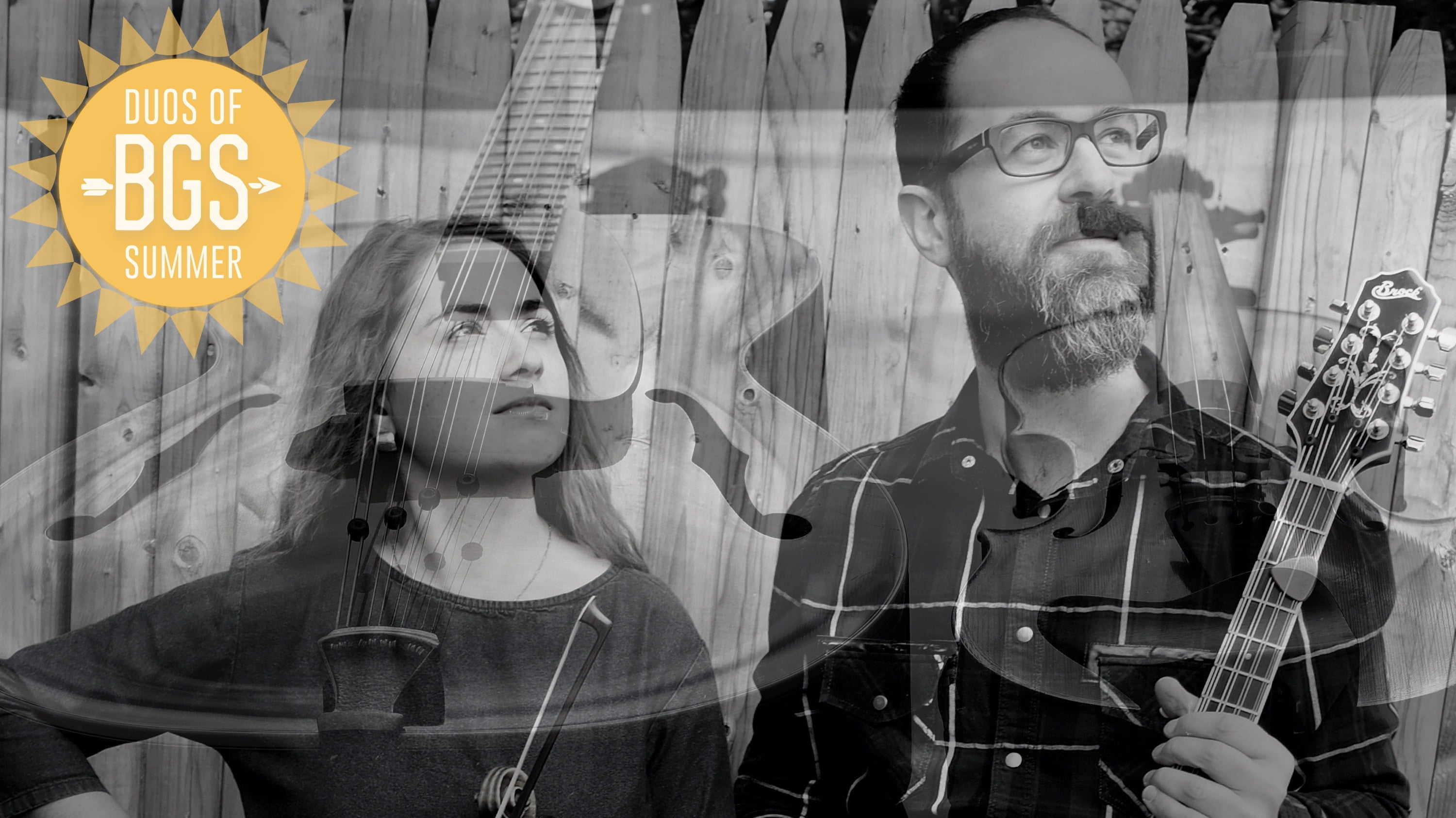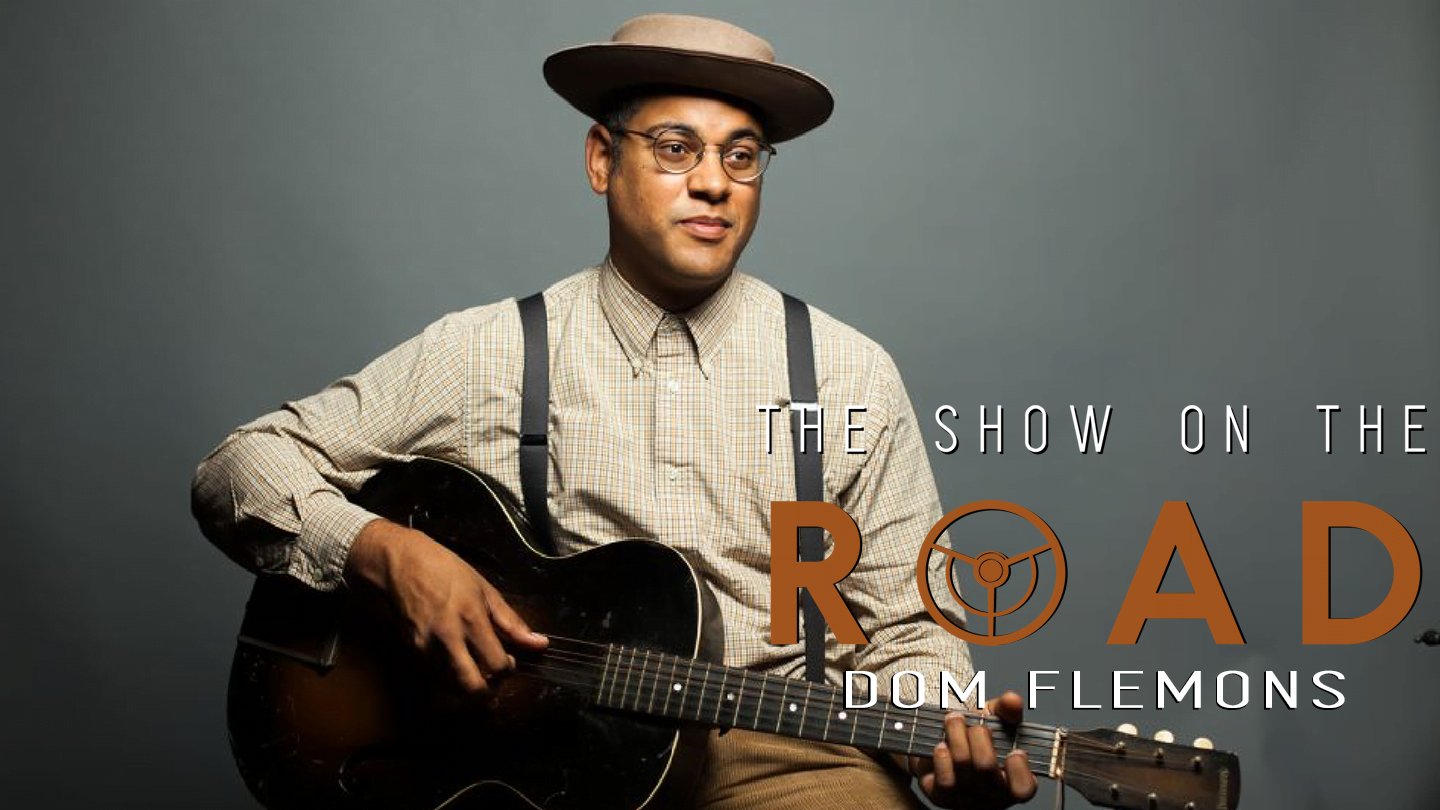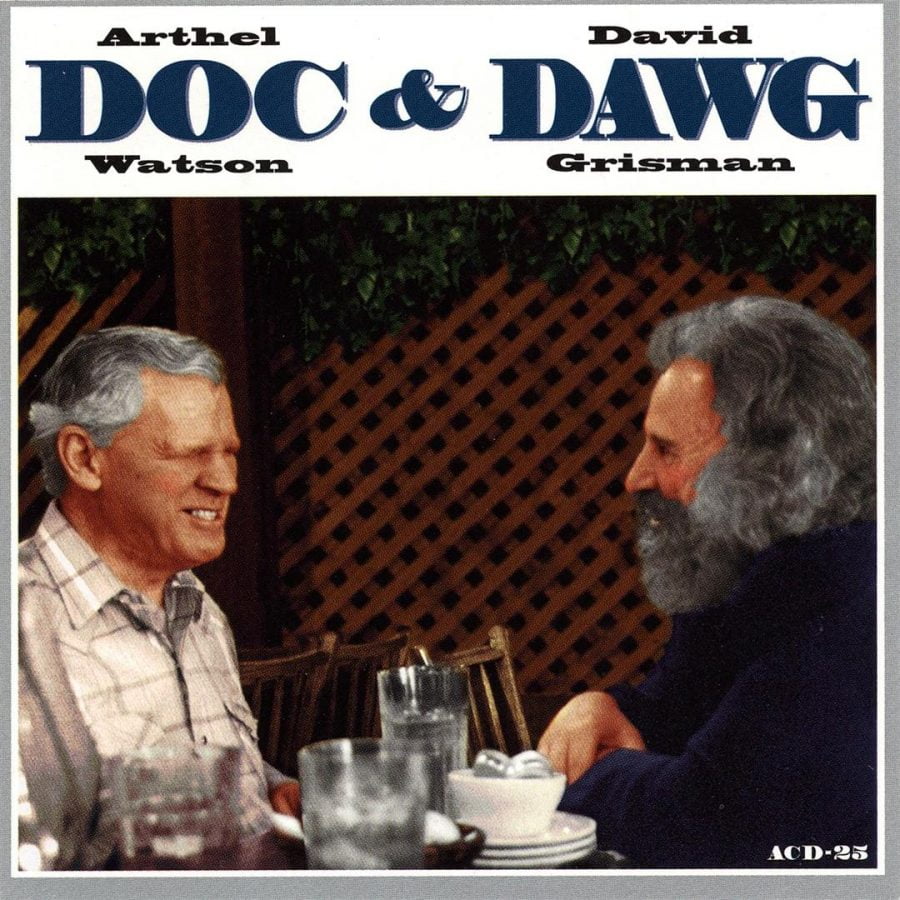The initial A and B parts of virtuosic flatpicker David Grier’s “Waiting on Daddy’s Money” will strike your ear as timeless. It’s a subtly haunting and awry melody that conjures many of bluegrass and old-time’s iconic fiddle tunes. But, as soon as the first form is complete, Grier’s countless embellishments and reiterations of that melody demonstrate that this is no play-the-same-tune-for-half-an-hour-in-unison old-time revelry. Instead, this is an artistic study, a series of complicated opuses revisiting and revising the tune into a truly original, nearly inimitable six-string soliloquy.
What’s remarkable though, through that artistry — that ebbs and flows from simplistic, familiar staple licks to utterly singular, mind-boggling musical acrobatics — is that the tune, and Grier’s cyclical interpretations of it, are never at any point esoteric or inaccessible to the listener’s ear. Somewhat counterintuitively, it effortlessly holds onto that classic fiddle tune vibe. Grier himself refers to these interpretations as “mutations,” though that descriptor belies the decades upon decades of learned, practiced nuance and ease that make each reharmonization, key change, chord inversion, syncopated rhythm, and string sweep a boon to the song, rather than self-aggrandizing distractions.
Above all else, “Waiting on Daddy’s Money” — and the entire album, Ways of the World — demonstrates that Grier is an unimpeachably superlative guitarist with a one-of-a-kind musical voice that not only draws on his history growing up with bluegrass, but also consciously and magnificently blazes an impeccably fresh trail that no other picker has yet to even attempt to trod.
Photo credit: Scott Simontacchi









